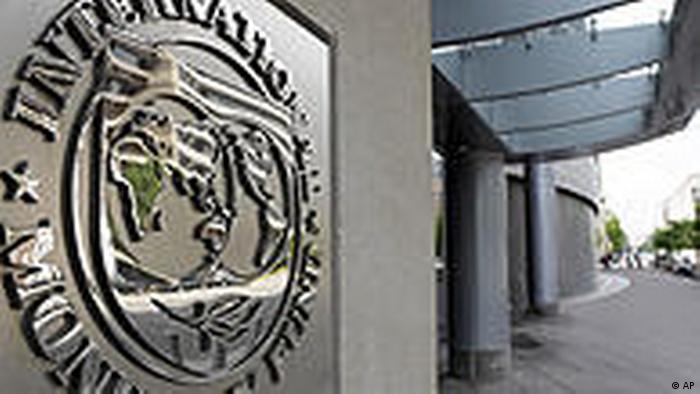Rising energy prices should generate popular discontent
New electricity tariffs come into force in Angola this Monday (15.07). The consultant Economist Intelligence Unit considers that this measure will generate discontent, but without social unrest. Inflation should rise.
Night view of Luanda Bay
“Rising public discontent in response to rising prices is likely, but we do not anticipate major social unrest; inflation has slowed, but we expect rising electricity prices, the new Value Added Tax (VAT) and new taxes. will contribute to higher rates over the next 12 months, “write the analyzes from the economic analysis unit of the British magazine The Economist.
In an analysis of the rise in electricity prices sent to customers and to which Lusa had access, Economist analysts say that “the average increase will be 97% and the impact of the rise will certainly be felt” by consumers.
The withdrawal of subsidies was one of the measures advocated by the International Monetary Fund (IMF), which has agreed with Angola a $ 3.7 billion financial assistance program since the end of last year, as well as other measures to correct the country’s macroeconomic imbalances.
“.
 Sede do FMI, em Washington
Sede do FMI, em Washington
Aumento na conta de energia
This change comes in a context in which the country is preparing to introduce 14% VAT, which has been postponed several times, and should continue to be postponed in the short term,” says the EIU, noting that “these factors should contribute to an increase in inflation, at least in the short term “and warning that” the increase should be felt by companies, which will undermine non-oil sector stimulation efforts. ”
IMF headquarters in Washington
Energy bill increase
The Angolan Ministry of Finance announced in a statement on July 2 that the implementation of the New Electricity Tariff Scheme should be in force since June 24, but “for technical and operational reasons of the institutions responsible for ensuring this procedure. “, its realization only happens from Monday (15.07).
According to the Ministry of Finance, this update of electricity tariffs stems from a structural measure of macroeconomic management, which ensures that subsidies effectively benefit the most vulnerable segments of the population, contrary to what has been happening so far.







